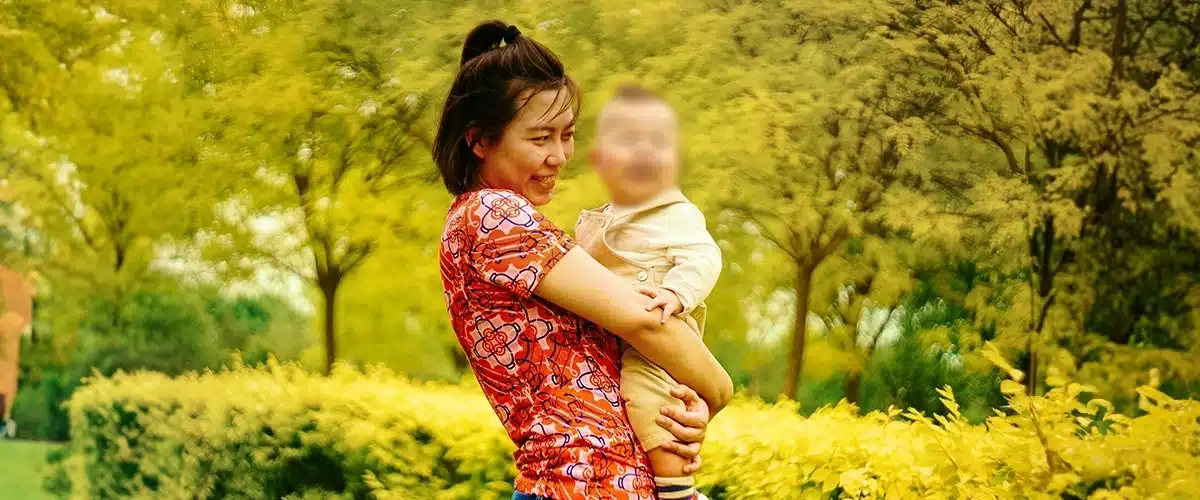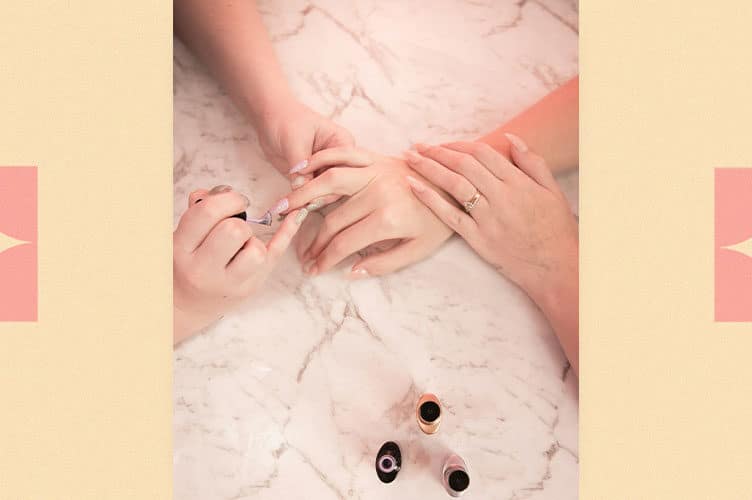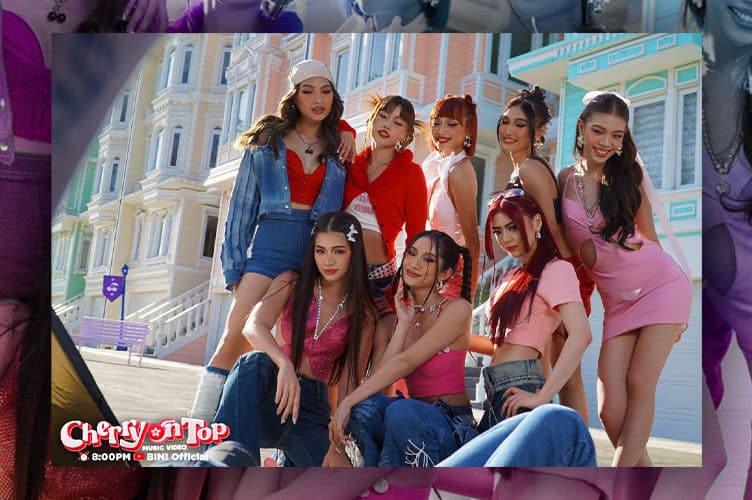THE INTERNET can be a very scary place.
Sure, it’s brought a lot of good into the world: access to limitless information, friends from all over the world, and of course, as many cat videos as you could possibly ever want.
With the good, however, comes the bad. While the internet may have started out as a curious venture into deepening man’s connections with the world, one other thing that has been born out of such curiosity is the ability to delve into your deepest, darkest desires, no matter how disgustingly messed up they may be.
As quickly as it was made, the internet is no longer a safe space, if it ever could have been considered one in the first place. Women are harassed and sexualized on a daily basis, and not just them – animals, inanimate objects, even children. No one is safe.
This is why many people online have started taking measures to protect themselves, as well as those they hold close to their hearts. One such trend that can be seen with celebrities and influencers? Covering their children’s faces, whether it be with emojis, clothing, or any other ways they can think of.
The reason for anonymity
Many were confused as to why Mark Zuckerberg, the creator of Facebook, placed emojis over his daughter’s faces when he posted a photo together with them. He’s not the only celebrity who’s done this though; Gigi Hadid, Kristen Bell, Orlando Bloom, and Chris Pratt are just some of the people who’ve participated in this trend, too.
The main reason people do it? Privacy, of course.
Leah Plunkett, an expert on the digital privacy law, explains that hiding your child’s face on social media provides them with certain privacy benefits.
Given how easy it is to use social media nowadays, you can use someone’s photo to get practically any information you want about them; companies can also use data found in one’s social media to get information from said image.
Posting photos of their faces online also makes them vulnerable to online predators and stalkers; without the face, you minimize the risk.
In covering your child’s face, you can also leave them with some autonomy for themselves, and there’ll be a smaller chance that they’ll be identified when you see them walking down the street, or hanging out at school.
Others also argue that children are not yet able to consent to the photos you’re posting of them, hence why it’s best to keep the faces blurred out.
@wren.elean0rn FALSE RUMORS- What You Need To Know
♬ original sound – Wren & Jacquelyn
About Wren Eleanor
One such example of why data privacy with children has become such a concern is because of cases like Wren Eleanor, a child on TikTok with over 17 million followers.
Wren Eleanor’s mother Jacquelyn often posts videos of her daughter, usually eating, showing off her outfit, or just doing whatever kids do. The problem started to arise, however, when people started searching for her name; they found that the top searches for her on TikTok were “Wren Eleanor hotdog,” “Wren Eleanor pickle,” and the like.
Jacquelyn has since had to release a statement of her discussing this as she has been accused of exploiting her child on social media, as well as due to concerns that her daughter is being posted to websites with inappropriate content.
Others have also commented on Wren’s clothing, as she has been seen posing in crop tops, ripped jeans, and other similar forms of clothing that they feel are too mature for someone who’s only four years old.
People have since seen how nasty people on the internet can be, with some even posting disturbing comments on Wren’s TikTok videos, such as saying that she looks very mature for her age.
Wren’s case is a clear example of everything that could go wrong with posting your kids’ faces on the web, no matter how innocent the kind of content you post may be.
Whether it be intentional or not, there are some sick people on the internet, and parents will of course do what they can to keep their kids safe – even if it’s something as simple as covering their faces in photos.
Why post at all?
Sharing photos or videos of yourself online that show you parenting your children is not at all a new trend; it’s so common, in fact, that the term “sharenting” is now used to describe it. It can be done either to show to others the milestones of your children, or proud moments you’ve experienced as a parent.
Many then ask: what’s the point of posting a photo of your kid at all if you’re going to cover their face anyway?
As per Olivia Harrison, a writer from Refinery29, some coverage is better than none at all.
When you have a kid, you’re sometimes expected to dedicate your entire life to your child, to the point that you no longer have any form of identity outside of being a parent.
The reality of the situation is that parents are people too, and they’re going to want to share their life with other people. Obviously, as their children are a big part of their lives, many of the memories they create – and likewise share online – are going to have their kids in it.
But again, the question stands: is there a need to post your children online all the time? Are the dangers worth it?
Mother and writer Hannah Nwoko discusses how when she was just starting out as a mother, she often posted photos of her child online. Over time, however, she started to ask herself why exactly she felt the need to share these photos – or rather, who exactly she was posting these photos for, and who was seeing them?
Eventually, she stopped posting photos of him altogether, even asking his school and family members to do the same. She instead started sharing his photos via private messages, since she found this to be safer, as well as more personal.
At the end of the day, the decision of posting your kids on social media or not, or blurring their faces or not, is up to you. Something you do need to take into consideration, however, is what would be best for them, not for your Instagram feed.









